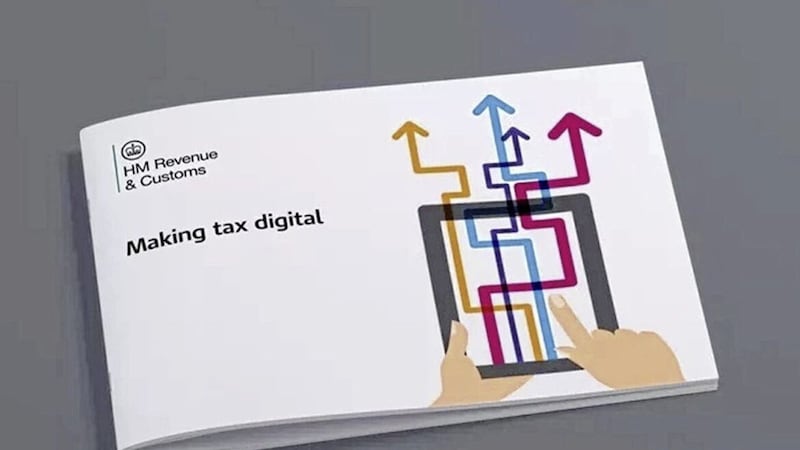QUESTION: Why have HMRC announced the delay of quarterly digital reporting of Income tax for the self-employed and landlords?
ANSWER: The Treasury announced on Monday December 19 that compulsory use of HMRC’s Making Tax Digital (MTD) scheme for Income Tax Self-Assessment (ITSA) will be delayed by two years to April 2026. It had already been postponed from next year to April 2024 because the technology was not ready.
Jim Harra, HMRC chief executive said “A phased approach to mandating MTD for Income Tax will allow us to work together with our partners to make sure that our self-employed and landlord customers can make the most of the opportunities this will bring,”
The announcement stated the following approach:
• Making Tax Digital for Income Tax Self-Assessment (MTD for ITSA) will now be introduced from April 2026, with self-employed individuals and landlords with income over £50,000 mandated to join first;
• Those with income over £30,000 will be mandated from April 2027;
• The government will review the needs of smaller businesses, particularly those under the £30,000 threshold, before announcing any further mandation;
• The government will not extend MTD for ITSA to general partnerships in 2025 as previously planned. This will now follow at a later date.
Most accountants and tax advisers were happy with the government’s announcement as this recognises the reality of the current situation as there has been limited testing of the software along with significant problems still to be resolved. The accounting profession recognise that digital tools can improve both compliance and customer experience in the tax system. However, they must be developed in partnership with taxpayers, agents and software companies. An approach of sticking to timescales for across-the-board changes to record-keeping and tax reporting, which have proved to be over-ambitious, simply would not work.
The delay in the roll-out of MTD for ITSA should be used effectively to overcome the problems which remain with MTD for ITSA, and it is welcome that HMRC have committed to do this in partnership with stakeholders. It is vital that these hurdles are overcome so we are not back in this position again in another couple of years.
Accountants and tax advisers were happy to hear that there will be a review of the needs of the smallest businesses is sensible and the government should take advantage of the extra breathing space provided by this extended timetable to review how the objectives for the MTD programme as a whole can be achieved without delivering disproportionate costs and compliance burdens.
Under MTD for ITSA, businesses, self-employed individuals and landlords will keep digital records, and send a quarterly summary of their business income and expenses to HMRC using MTD-compatible software. In response they will receive an estimated tax calculation based on the information provided to help them budget for their tax. At the end of the year, they can add any non-business information and finalise their tax affairs using MTD-compatible software. This will replace the need for a Self-Assessment tax return.
Before the government’s announcement, MTD for ITSA was mandated from April 2024 for customers with a total gross income over £10,000 from self-employment and property in a tax year, with partnerships mandated from 2025.
From April 2026, self-employed individuals and landlords with an income of more than £50,000 will be required to keep digital records and provide quarterly updates on their income and expenditure to HMRC through MTD-compatible software. Those with an income of between £30,000 and £50,000 will need to do this from April 2027. Most customers will be able to join voluntarily before their mandation start date if they so wish.
HMRC are hoping that digital reporting will make UK tax completely paperless any by switching from paper to digital tax records will help small businesses and the self-employed avoid making common mistakes and it should save time when it comes to managing your tax affairs. Only time will tell!
:: Malachy McLernon (m.mclernon@fpmaab.com) is partner at FPM Accountants Ltd (www.fpmaab.com). The advice in this column is specific to the facts surrounding the question posed. Neither the Irish News nor the contributors accept any liability for any direct or indirect loss arising from any reliance placed on replies








